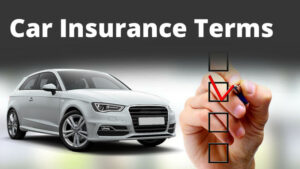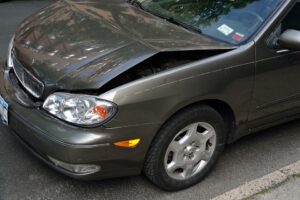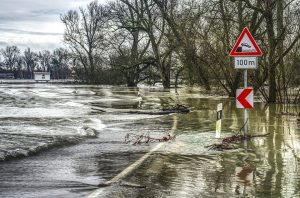 Courtesy of iii.org
Courtesy of iii.org
There’s a difference between an insurance company cancelling a policy and choosing not to renew it. Learn why your insurance might not be renewed
Auto insurance cancellation
Insurance companies cannot cancel a policy that has been in force for more than 60 days except when:
- You fail to pay the premium
- You have committed fraud or made serious misrepresentations on your application
- Your drivers license has been revoked or suspended.
Auto insurance non-renewal
Either you or your insurance company can decide not to renew the policy when it expires. Your insurance company must give you a certain number of days notice and explain the reason for not renewing before it drops your policy (the exact timeframes and rules will depend on the state in which you live).
There are a number of reasons an insurance company may choose not to renew a policy, and it may have nothing to do with you personally. For example, your insurer may have decided to drop that particular type of insurance or to write fewer policies where you live.
However, a nonrenewal can also be due to your record or your actions. Doing something to considerably raise the insurance company’s risk—like driving drunk—would be cause for non-renewal.
If you’ve been told your policy is not being renewed and you want a further explanation or think the reason is unfair, call the insurance company’s consumer affairs division. If you don’t get a satisfactory explanation, contact your state insurance department.
Note that nonrenewal at one insurer doesn’t necessarily mean you’ll be charged a higher premium at another insurance company.



